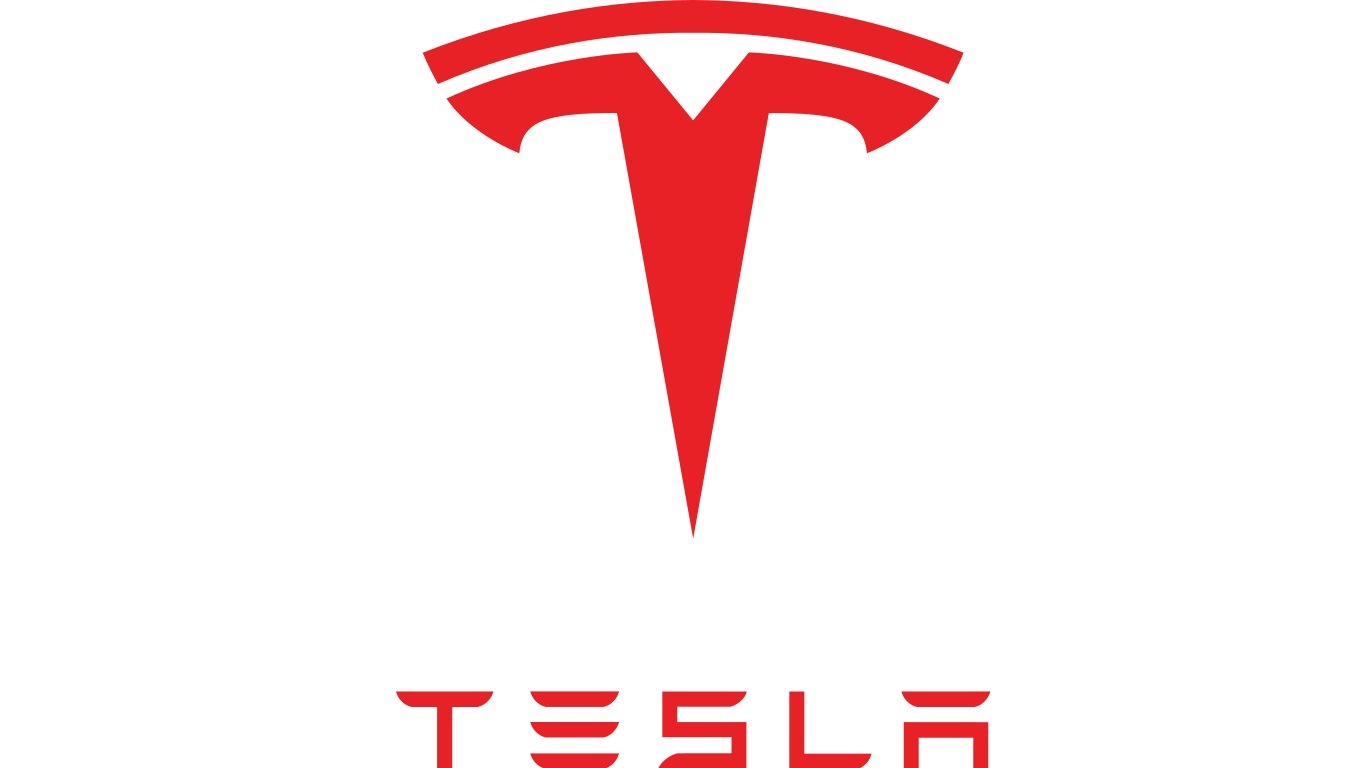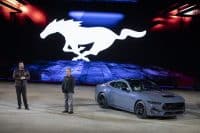
Tesla Inc. (NASDAQ: TSLA) posted extraordinary earnings yesterday. The company unexpectedly made a profit. Its stock surged after hours, which lifted its market cap to $310 billion, about the same as Procter & Gamble Co. (NYSE: PG), the consumer goods company started in 1837. Tesla’s shares have surged almost 535% in the past year. Procter & Gamble stock has risen 9.4%.
It would seem impossible that the two companies could have equal value. Procter & Gamble had total revenue of $70 billion and net income of $5 billion last year, and it is expected to do nearly as well this year, despite the pandemic.
A primary reason it is hard for many to believe Tesla’s market value should be so high is that the electric car company is comparatively very small. It had revenue of $6.0 billion in the second quarter, which is a drop of 3% from the same period a year ago. Of that, $5.2 billion was from automotive operations. Net income was $104 million. If its revenue is similar for the balance of the year, automotive revenue may reach $20 billion. However, the COVID-19 pandemic could push that number lower. A signal of the strain the virus has put on Tesla is that it reduced the price of its Model Y by $5,000. This is an indication that the demand for electric cars has fallen.
By most standards, Tesla is not even a large car company, another challenge to the case for its high market value. Tesla built 82,272 cars in the second quarter, which is 5% fewer year over year. It delivered 90,891, also a decline of 5%. Perhaps Tesla’s deliveries may reach 400,000 this year, though again the pandemic could hamper that. Contrast the figure to Volkswagen, the world’s largest carmaker by unit sales, which sold 10.97 million last year.
Another very strong case against the current market cap of the electric car company is competition. Tesla competes with every large automaker in the world. Each either has electric cars or will soon. While the Tesla brand is a powerful one for consumers, it could be overwhelmed by vehicles from much larger manufacturers. Tesla may slip from its spot as the largest electric car company in the world.
BMW is a good example of competition from just one luxury car company. Its small i3 electric model carries a price of $44,450, which is near the bottom of the range of electric cars available in the United States. BMW’s i8 super-luxury model has a sticker price as high as $163,200. Purists would argue that each BMW model has a small, traditional engine to extend the range between charges. That distinction is likely lost on many buyers.
Tesla’s financial performance this year, and perhaps a new set of innovations, such as enhanced autonomous driving features, may keep its market cap high. If coming results wobble, so will its stock price, however.
Are You Ahead, or Behind on Retirement? (sponsor)
If you’re one of the over 4 Million Americans set to retire this year, you may want to pay attention.
Finding a financial advisor who puts your interest first can be the difference between a rich retirement and barely getting by, and today it’s easier than ever. SmartAsset’s free tool matches you with up to three fiduciary financial advisors that serve your area in minutes. Each advisor has been carefully vetted, and must act in your best interests. Start your search now.
Don’t waste another minute; get started right here and help your retirement dreams become a retirement reality.
Thank you for reading! Have some feedback for us?
Contact the 24/7 Wall St. editorial team.




